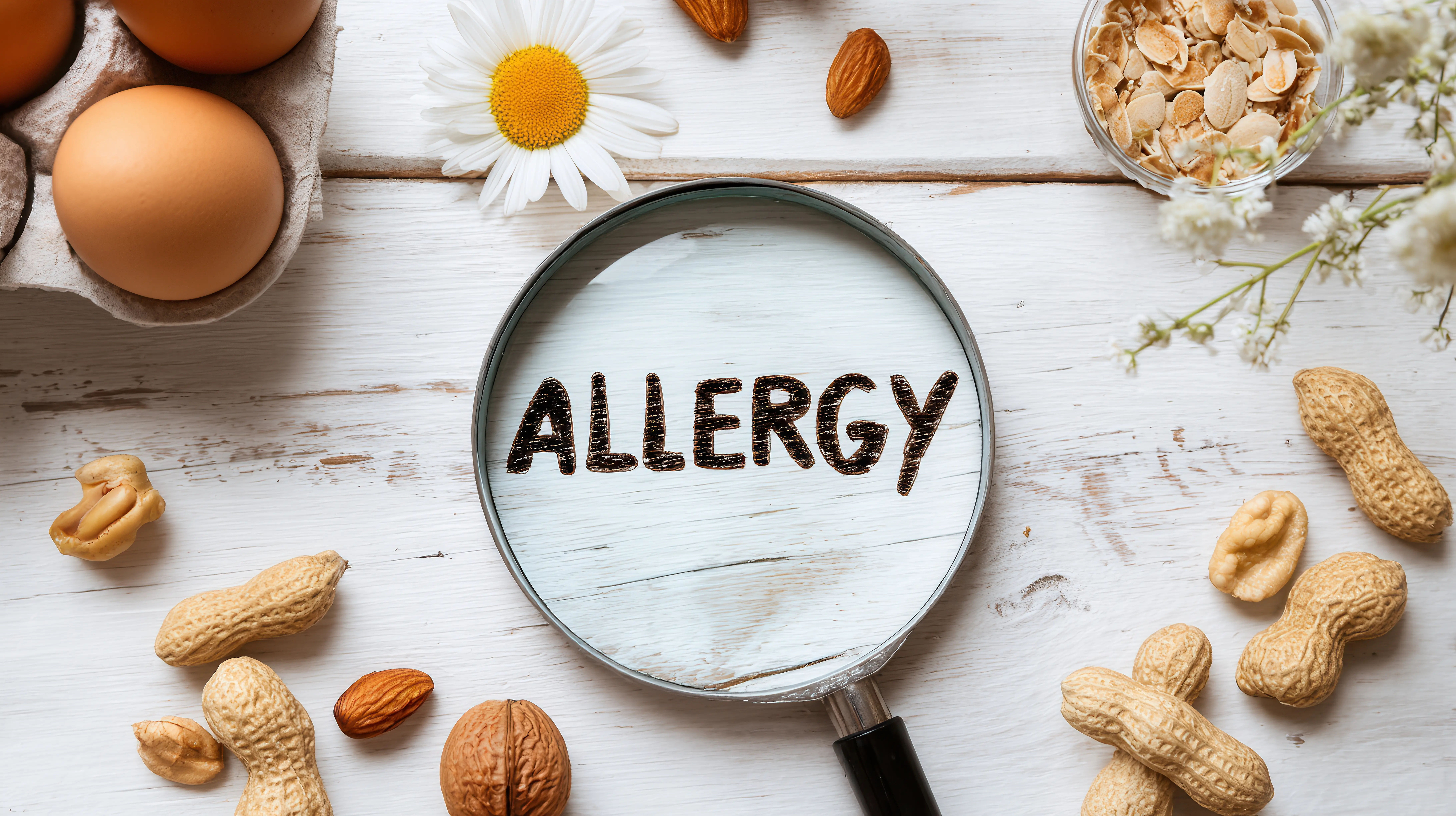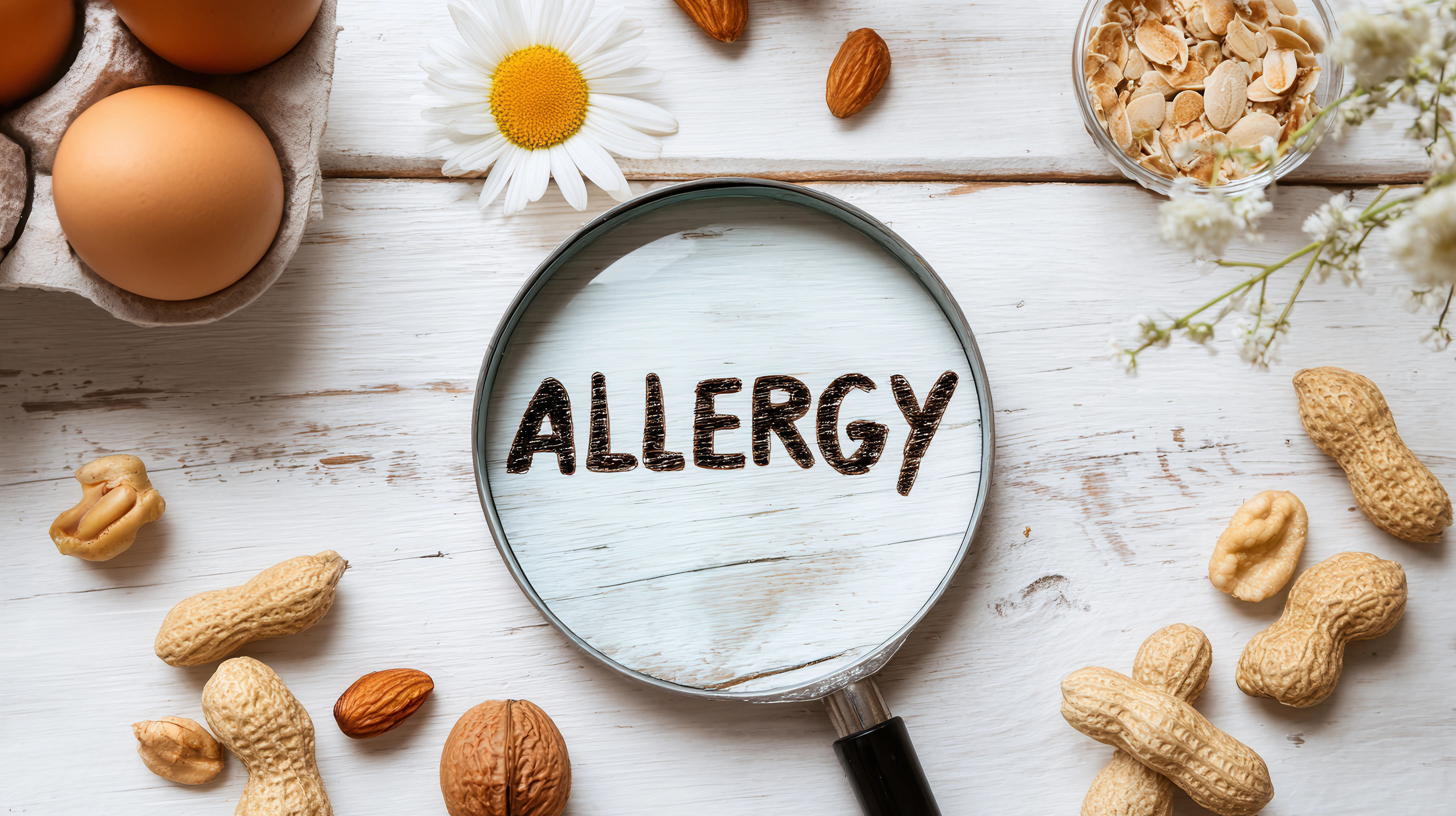- female
- 30 Years
- 22/01/2025
I'm noticing that my eosinophil levels are pretty high, and I seem to be really allergic to dust and cold weather. It's like clockwork, every time the weather changes, I start having issues. Could this be related to those high eosinophil levels? Should I be concerned or do something specific about it? Looking for some guidance on what steps might help manage these flare-ups.
More Allergist and Clinical Immunologist Health Queries
View allI'm struggling with esinophiliya and it's really messing with my sleep at night. I've already given zyrcold tab and flomist nasal spray a shot, but they didn't help. Can you offer any suggestions or solutions for this?
Visit Physician for appropriate treatment,consume foods that are rich in antioxidants like fruits and green vegetables, stay hydrated.
read more![Doctor 1]()
![Doctor 2]()
Answered by 1 Apollo Doctors
I'm wondering why I've started getting cold symptoms even with just a small amount of sweets since my covid vaccination. I used to eat sweets often without any issues, but now it seems like even a little bit triggers a cold. Could the vaccine have affected my immune response to sweets somehow? Any advice or insights you could share would be really helpful.
because of decreased immunity you are facing It, stop junk food and timely eating
read more![Doctor 1]()
![Doctor 2]()
Answered by 1 Apollo Doctors
I'm allergic to paracetamol and usually end up with itching and rashes when I take it. Could you suggest any alternative for when I have a headache or a fever?
You can take naproxen 500mg twice a day
read more![Doctor 1]()
![Doctor 2]()
Answered by 1 Apollo Doctors
Disclaimer: Answers on Apollo 247 are not intended to replace your doctor advice. Always seek help of a professional doctor in case of an medical emergency or ailment.






